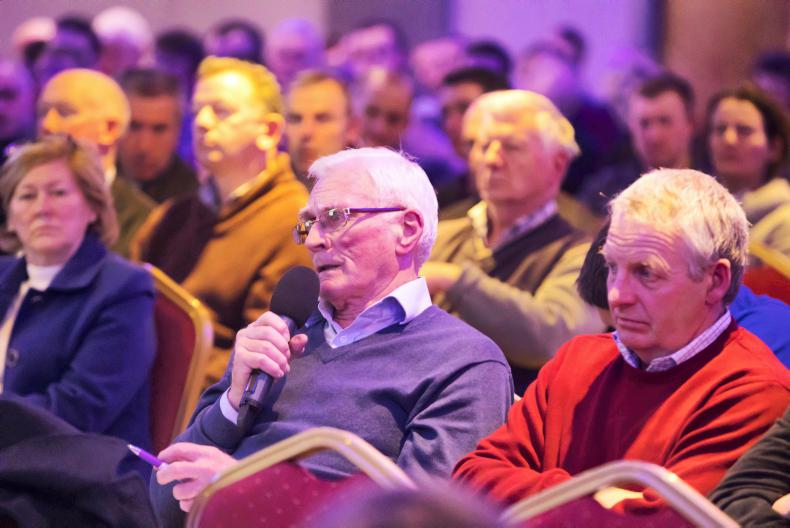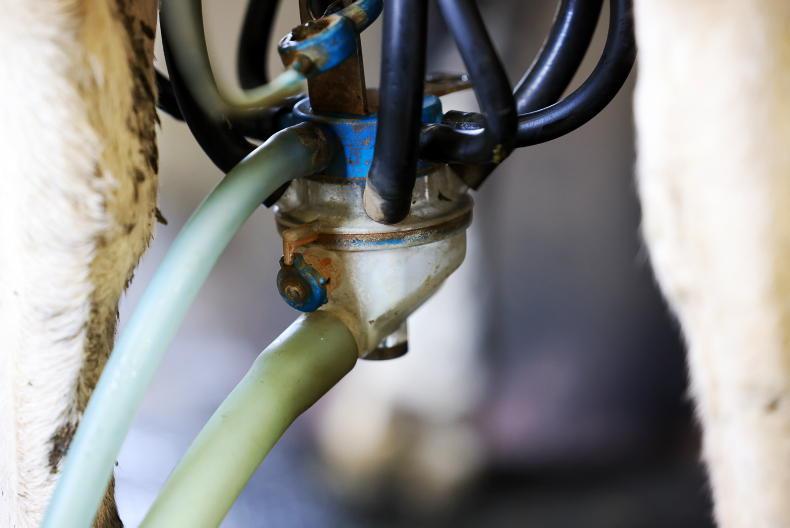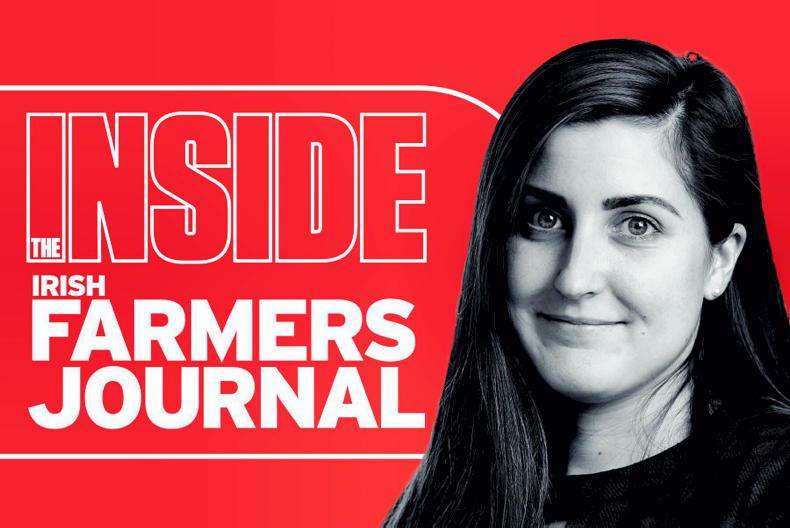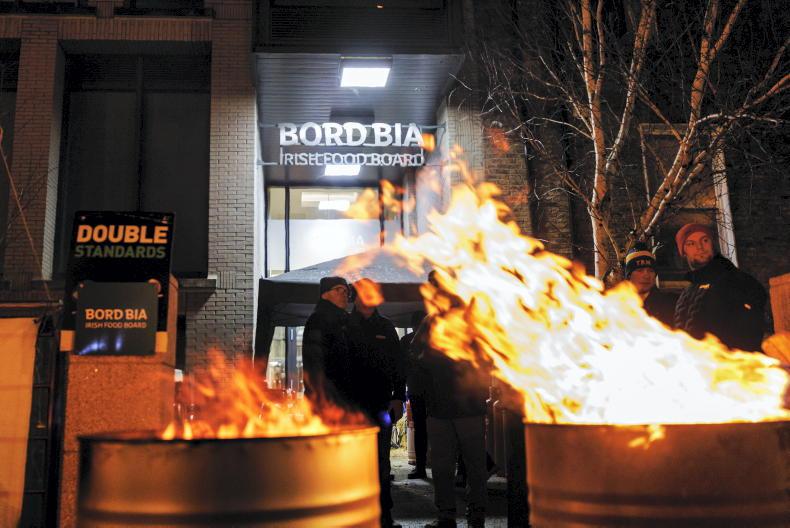The Department of Agriculture is frequently the subject of criticism from farmers – it’s inevitable. Credit is also sometimes due.
On Monday evening, the Department’s farm-friendly face was on full display at the first of the CAP meetings in Carlow. Brendan Gleeson, a Dubliner who is a rock of common sense and plain speaking, chaired. Jack Nolan, a senior officer in the Department, stressed the collaborative approach in his presentation. The Department sees itself as a partner of farmers, together achieving progress in simplifying the schemes and inspections and ensuring good outcomes for the environment.
When the session was opened to the floor, the IFA line quickly became clear – more funding. Essentially, the aim is to make the cake bigger before considering how to slice it up. Speaker after speaker called for the CAP budget to be increased to ensure payment levels match rising costs.
It’s a valid approach. The CAP has been shrinking, both in real terms and as a proportion of the overall EU budget, for decades, as costs rise and farmers’ margins vanish.
However, the reality is that holding the CAP budget to its current level, not taking inflation into account at all, will require a big commitment from member states. The loss of the British share of funding, at around €3bn, will hit hard.
It will all happen pretty fast. The budget is to be agreed in May, with the Commission’s legislative proposals published the following month.
If the budget is not increased, all the farm organisations will have to either state their budgetary priorities, or demand that the Government fill the CAP gap. There is the possibility that Commissioner for Agriculture Phil Hogan could create the flexibility to allow national governments’ co-funding share of Pillar II increase. His former cabinet colleagues in Fine Gael might not thank him for that, as the pressure would then revert from Brussels to Dublin.
It’s inevitable that friction will increase as this process unfolds.










SHARING OPTIONS